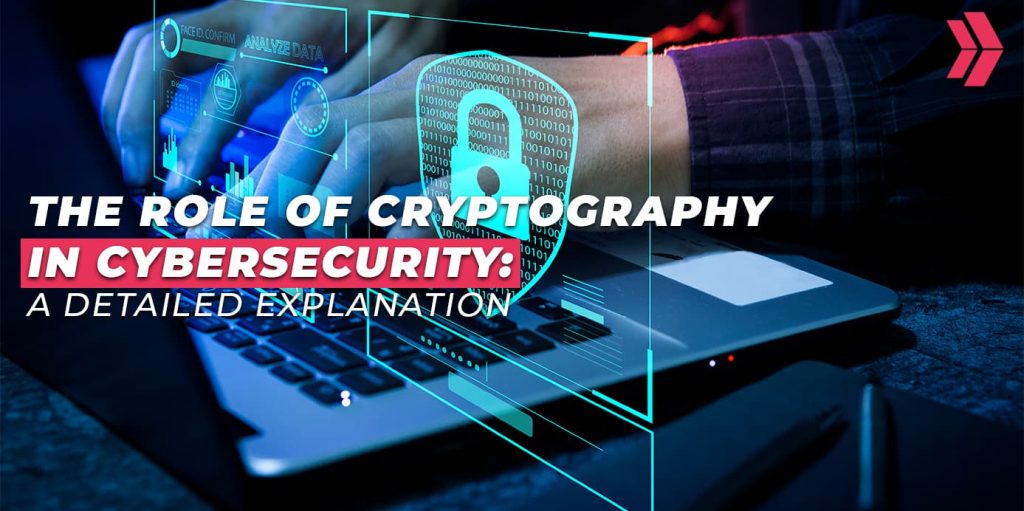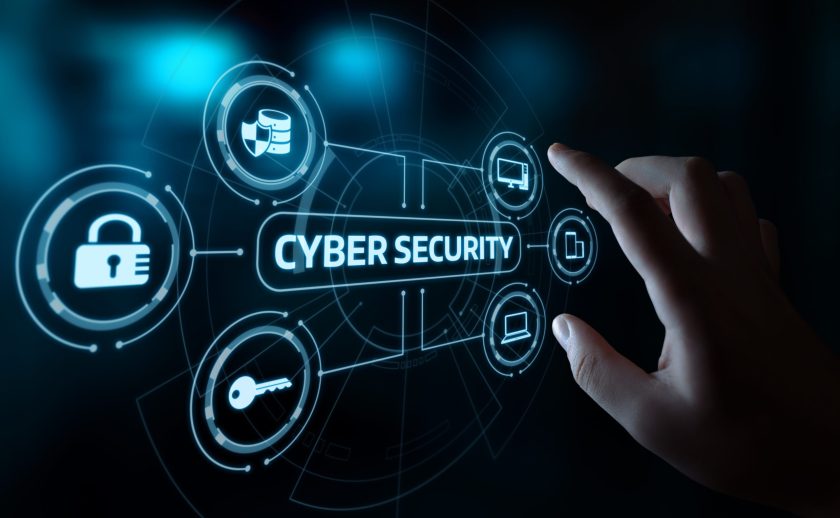Cybersecurity and Its Uses
Cybersecurity refers to the practice of protecting systems, networks, and programs from digital attacks. These attacks are typically aimed at accessing, changing, or destroying sensitive information, extorting money from users, or interrupting normal business processes. Cybersecurity measures are essential for individuals, businesses, and governments to protect their data and ensure the safety of their operations.
Key Uses of Cybersecurity:
-
Protection of Sensitive Data
- Data Breaches Prevention: Cybersecurity helps in preventing unauthorized access to sensitive data, such as personal information, financial records, and intellectual property.
- Data Encryption: It ensures that data transmitted over networks is encrypted, making it unreadable to unauthorized users.
-
Safeguarding Financial Transactions
- Online Banking Security: Cybersecurity measures protect online banking platforms from fraud, ensuring that transactions are secure.
- E-commerce Protection: It secures online transactions, protecting payment information from being intercepted by hackers.
-
Maintaining Privacy
- Personal Privacy: Cybersecurity protects personal data from being accessed or exploited by cybercriminals.
- Corporate Privacy: It ensures that a company’s proprietary information, trade secrets, and confidential communications are kept secure.
-
Protecting Critical Infrastructure
- Energy and Utilities: Cybersecurity protects essential services like electricity, water supply, and transportation systems from being disrupted by cyberattacks.
- Healthcare Systems: It safeguards patient data and ensures the reliability of medical devices and hospital systems.
-
Ensuring Business Continuity
- Disaster Recovery: Cybersecurity involves creating strategies for data backup and disaster recovery to ensure that businesses can continue operating after a cyberattack.
- Minimizing Downtime: By protecting systems from attacks, cybersecurity reduces the risk of prolonged downtimes that can be costly for businesses.
-
Compliance with Regulations
- Legal Requirements: Many industries have regulations that require companies to implement specific cybersecurity measures to protect data.
- Avoiding Fines: Failing to comply with cybersecurity regulations can result in significant fines and legal penalties.
-
Preventing Cyber Threats
- Malware Protection: Cybersecurity measures help detect and eliminate malware, preventing it from causing damage to systems.
- Phishing Prevention: It includes training and tools to prevent phishing attacks that aim to steal user credentials and sensitive information.
-
Supporting National Security
- Defense Against Cyber Warfare: Cybersecurity is critical for protecting national security by defending against cyber warfare and espionage.
- Securing Government Systems: It ensures the protection of government networks and the integrity of public services.
-
Protecting Intellectual Property
- IP Theft Prevention: Cybersecurity safeguards intellectual property from being stolen or replicated by unauthorized parties.
- Digital Rights Management: It helps in enforcing copyright and licensing agreements for digital content.
-
Enhancing Consumer Trust
- Trust in Digital Platforms: Consumers are more likely to trust and use digital platforms that are known to have strong cybersecurity measures.
- Brand Reputation: Effective cybersecurity protects a company’s reputation by preventing data breaches and other cyber incidents that could harm consumer trust.
Cybersecurity is a constantly evolving field that adapts to new threats and technologies. As cyber threats continue to grow in sophistication, the importance of robust cybersecurity measures cannot be overstated. Whether it’s protecting personal data, securing financial transactions, or ensuring national security, cybersecurity plays a crucial role in safeguarding our digital world.






